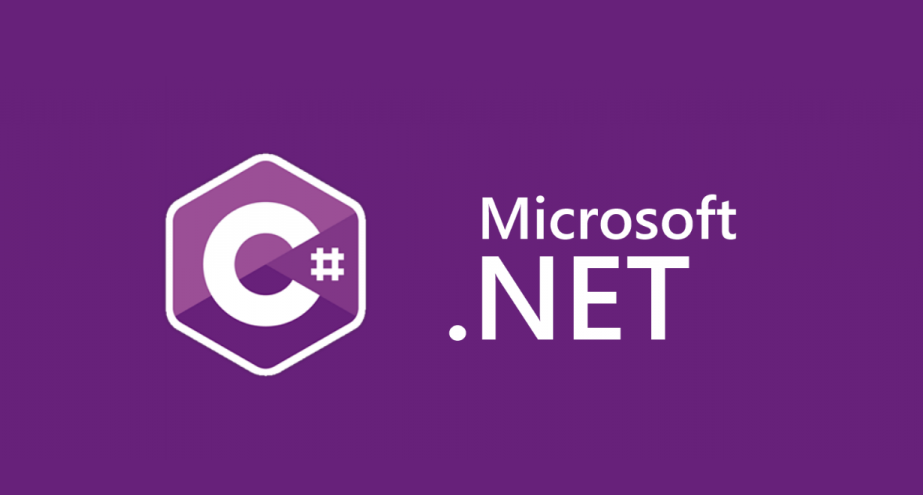Microsoft Attaches .NET Framework Updates With UUP

Microsoft introduced an important change for Windows 11 with Patch Day February: Microsoft promises faster .NET Framework updates thanks to integration in the Unified Update Platform. The first users received the innovation as an optional update.
For everyone else who does not use optional updates (earlier than C updates), the change in the update behavior of Windows 11 starts immediately with the release of the Windows patch KB5022845. We reported extensively on the changes back in January. The first is the change for .NET Framework updates that can be integrated in the future so that users can save themselves a reboot of their system for this type of update.
That changes, that brings it
This in turn should save time and minimize the effort for users. This is made possible by using the so-called Unified Update Platform, or UUP for short. However, the integration of the Unified Update Platform does not go very smoothly either. According to Microsoft, IT administrators have to be prepared for various problems. Microsoft now writes about this in the release notes for KB5022845 or for the preview:
Release Notes February Patch Day Windows 11 22H2
New! This update changes the interface for preview .NET Framework updates. After installing this update, all future (optional) .NET Framework updates will appear on the Settings > Windows Update > Advanced Options > Optional Updates page. On this page, you can control which optional updates you want to install.
known problems
- Updates released on February 14, 2023, or later may not be offered by some Windows Server Update Services (WSUS) servers for Windows 11, version 22H2.
- The updates are downloaded to the WSUS server but may not be further propagated to clients.
- Affected WSUS servers are only those running Windows Server 2022 and upgraded from Windows Server 2016 or Windows Server 2019.
- This issue is caused by accidentally removing the required Unified Update Platform (UUP) MIME types during the upgrade to Windows Server 2022 from a previous version of Windows Server.
- This issue may affect security updates or feature updates for Windows 11 version 22H2. Microsoft Configuration Manager is not affected by this issue.
Digital marketing enthusiast and industry professional in Digital technologies, Technology News, Mobile phones, software, gadgets with vast experience in the tech industry, I have a keen interest in technology, News breaking.












